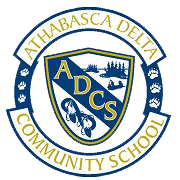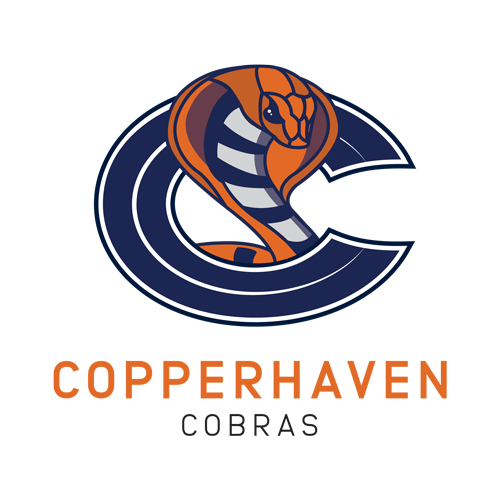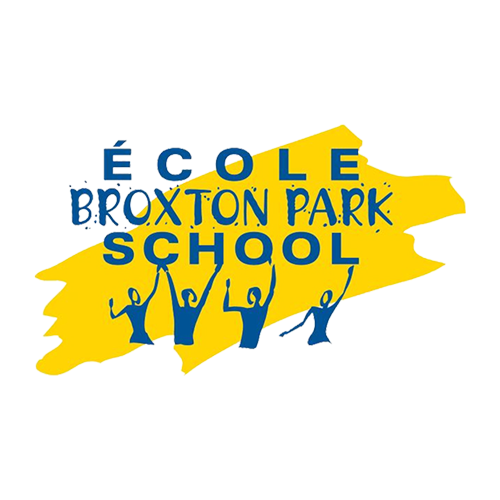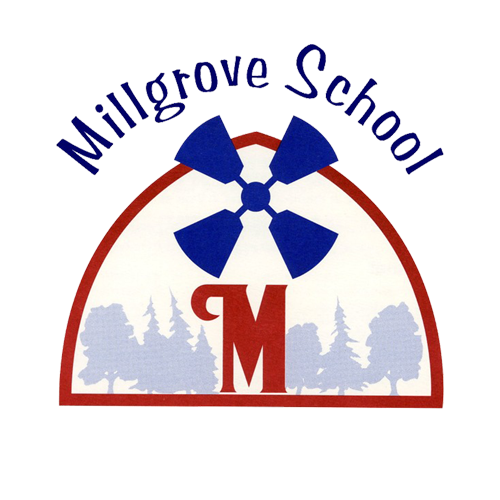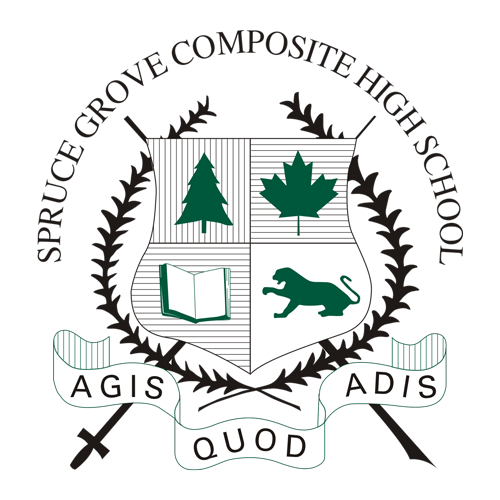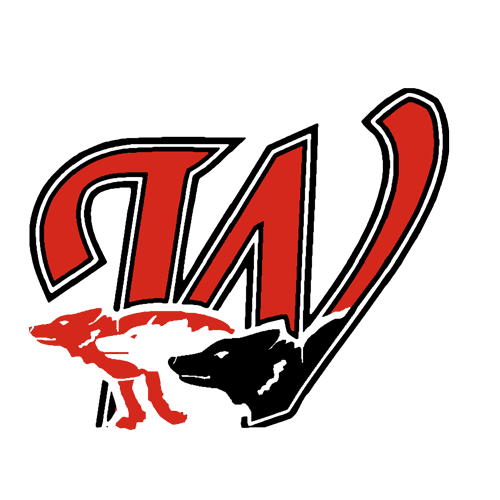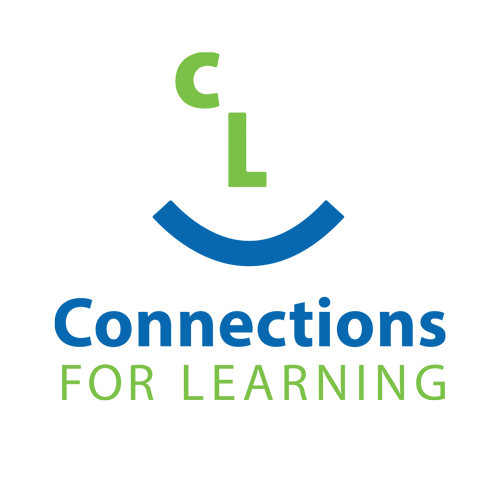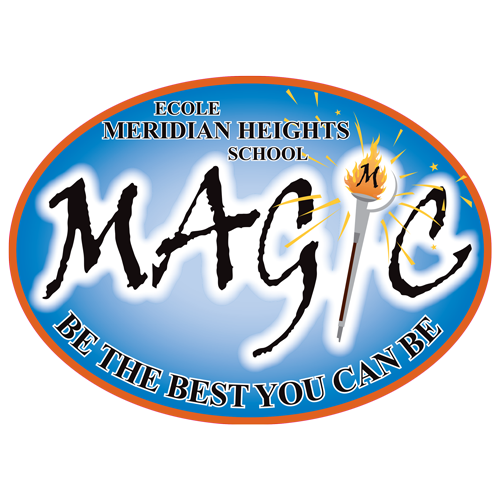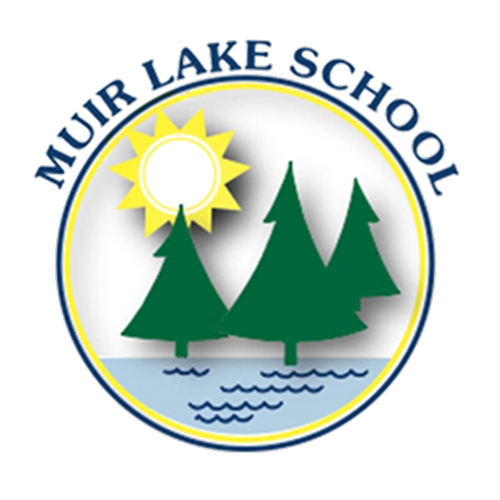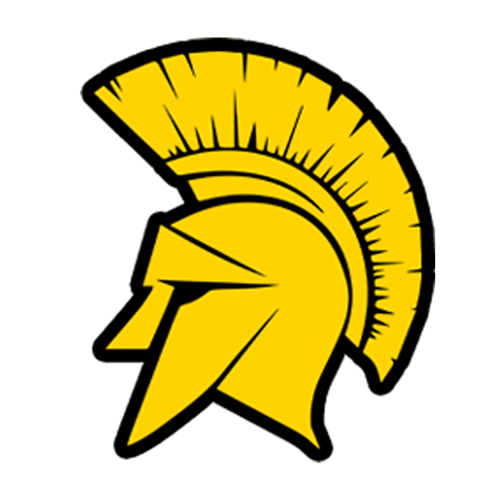AP 620: Artificial Intelligence
Communication & Technology
Background
The use of Artificial Intelligence technologies, by both staff and students, is encouraged to enhance learning and teaching experiences. This procedure outlines the responsible and ethical use of AI by students and staff, aiming to maintain academic integrity, protect privacy, and respect copyright laws.
Definitions:
a) Artificial Intelligence (hereinafter “AI”): shall refer to the theory and development of computer systems that are able to perform tasks that normally require human intelligence, such as visual perception, speech recognition, decision-making, and translation between languages. For the purpose of this Procedure, Artificial Intelligence (AI) shall refer to emerging technology utilization in alignment with this definition.
b) Deepfake: shall refer to the artificial digital manipulation of an individual’s voice, face or body (likeness) so that they appear to be someone else, or in some other setting, for the purpose of deceiving the viewer, or for conveying a false narrative to which the individual would object.
Procedures:
With Respect to Academic Integrity and Responsibility:
1. The utilization of AI, and any other emerging technology, shall support learning and academic growth without compromising academic integrity; notably:
1.1. AI may be acceptably utilized for generating ideas, practicing skills, or enhancing subject understanding;
1.2. AI shall not be used to complete assignments, exams, or any academic work that is directed to be completed without the use of artificial intelligence assistance;
1.2.1. For clarity, unless otherwise permitted by a teacher, academic work shall be assumed to be completed without the utilization of AI.
1.3. Utilizing AI to generate work submitted as one’s own shall be considered as academic dishonesty and may be subject to discipline (as per AP 350: Code of Conduct and AP 360: Student Discipline);
1.4. Any student use of AI in academic work shall be disclosed and shall specifically identify those sections, parts, or attributes of the work that were AI-assisted or generated; and
1.5. Violations of academic integrity related to AI use may result in disciplinary actions, including warnings, loss of privileges, the requirement to redo an assignment, receiving a failing grade for the assignment or course, and in severe cases, removal from a program (as per Administrative Procedure 360 – Student Discipline).
2. It is the responsibility of those who utilize AI to own and take responsibility for content generated by AI, including the importance of fact-checking AI-generated information; notably
2.1. Both students and staff shall be considered to be fully responsible for any content generated by AI that they use, and, therefore, those who utilize AI shall critically evaluate and verify the accuracy of AI-generated information before including it in their work.
2.2. Users shall diligently fact-check AI-generated content to ensure its accuracy and reliability, and any notable inaccuracies or misleading information identified shall be corrected before submission or dissemination.
2.3. Users shall apply critical thinking to reasonably assess the appropriateness, bias, and reliability of AI-generated content, ensuring it meets the educational and ethical standards that would be expected of any created content.
With Respect to Protection of Privacy:
3. The use of AI shall comply with all privacy legislation and accompanying regulations regarding the protection of personal information; notably
3.1. AI tools that collect and store personal data shall comply with the Personal Information Protection Act (PIPA) and other relevant privacy laws;
3.2. Consent shall be obtained from students, parents, or guardians before using AI technologies that collect personal, identifiable information; and
3.3. AI utilization shall ensure proper implementation of robust data security measures to protect personal information from unauthorized access or breaches.
With Respect to Copyright and Intellectual Property:
4. The utilization of AI shall respect copyright laws and intellectual property rights; notably
4.1. Individuals utilizing AI shall strive to ensure that the content is generated in accordance with fair use principles and copyright laws;
4.2. Proper attribution shall be provided for AI-generated content that incorporates or references existing works;
4.2.1. Staff and students shall ensure their work, including AI-generated content, is original in design (unique to the creator) or appropriately licensed; and
4.2.2. Staff may use AI to assist in creating assignments, lesson plans, and educational materials, ensuring content is original in design (unique to the creator) or appropriately licensed;
4.3. Staff shall only use AI to translate materials into a second language if a professionally translated version is not already available (e.g., translating to French if a French version exists);
4.4. Staff shall not enter data that specifically identifies a student (e.g., Alberta Education Identification Number, or full name) into any AI tools that store or process personal information;
4.5. Staff, in utilizing AI, shall not enter any information, data, or images deemed to be proprietary or confidential in nature; and
4.6. Staff utilization of AI shall comply with Responsible Use Agreements, employment contracts, and applicable legislation.
With Respect to Ethical Utilization of AI:
5. Staff and students shall ethically utilize AI, ensuring the positive promotion of educational outcomes without causing harm; notably
5.1. AI tools should be regularly evaluated, as utilized by staff, for potential biases, with efforts to mitigate unfairness or discrimination;
5.2. Staff shall demonstrate, and students shall be assisted in demonstrating, an understanding of the proper operation and decision-making processes considered in determining to use AI tools (i.e., why is AI the right tool for the task?);
5.3. Intentional misuse of AI technologies shall be subject to disciplinary action; and
5.4. The use of AI to create modified pictures or videos of any individual, without specific permission from the teacher and, in the case of a student, the specific parent or guardian (known alternatively as deepfake technology) is strictly prohibited and will result in disciplinary action.
With respect to Equity of Access and Training:
6. School administration shall demonstrate a commitment to ensuring equitable access to AI technologies and to educating students on the responsible use of emerging technology; notably
6.1. School administration shall strive to provide all students with reasonable access to emerging technology, such as AI, to ensure that no student is disadvantaged due to lack of resources;
6.2. School administration shall attend to ongoing education to students regarding the ethical, legal, and responsible use of AI technologies, reasonably and appropriately integrating AI literacy into the curriculum and offering targeted training sessions;
6.3. The Superintendent shall ensure the provision of appropriate training and support that promotes the responsible use of AI among students and staff; and
6.4. The Superintendent or designate reserves the right to provide, restrict, or limit the use of any specific emerging technology.

